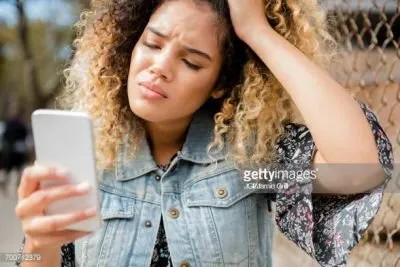
Social networks stress. This is shown by a report by the American Psychological Association that says people who constantly check their mail, their social media accounts or their messages have higher levels of stress than those who are not dependent on technology.
According to experts consulted by Thrillist, this stress is due to the fact that our brain is not prepared to manage text-based communication: without a visual, emotional and social context it can not interpret the message .
There are tricks to reduce the level of stress caused by social networks without having to stop using them
On the other hand, it is difficult to leave the networks because they also produce an effect of pleasure : with the online interaction our brain release dopamine. There are some tricks to reduce the impact of networks and reduce the level of stress they cause without having to leave them altogether.
Most strategies go through reducing use. A first step is to hinder access to networks: disable automatic notifications and if you want to go even further uninstall the apps on your mobile or tablet, so every time you want to consult them you will have to enter through the browser.
To keep up with friends and family posts on Twitter without losing too much time, create personalized lists with the accounts that you like the most . The "mute" feature can also be useful in this network, since it allows you to silence words, phrases, hashtags or accounts so that they do not appear on your wall.
Another option instead of restricting the number of accounts that you follow is to limit the time you dedicate to the networks. Give yourself enough room to feel that you can catch up on the most important news and comments but respect the limit you impose on yourself.
Do not use the networks during crisis situations such as terrorist attacks or share images or videos of these episodes
A factor causing stress according to several studies is the use of networks in crisis situations . The recommendation shared by many experts is to avoid them during attacks or natural disasters since in any case most "last hours" do not provide relevant information. If we want to be informed it is better to wait to see the official information even if it is slower.
In addition, in this type of situations, images and videos taken in the first person appear on the networks where many unnecessary details are exposed. Also in this sense the experts recommend avoiding to see and share this graphic content .
If you found anything remarkable In this article then please let me know .